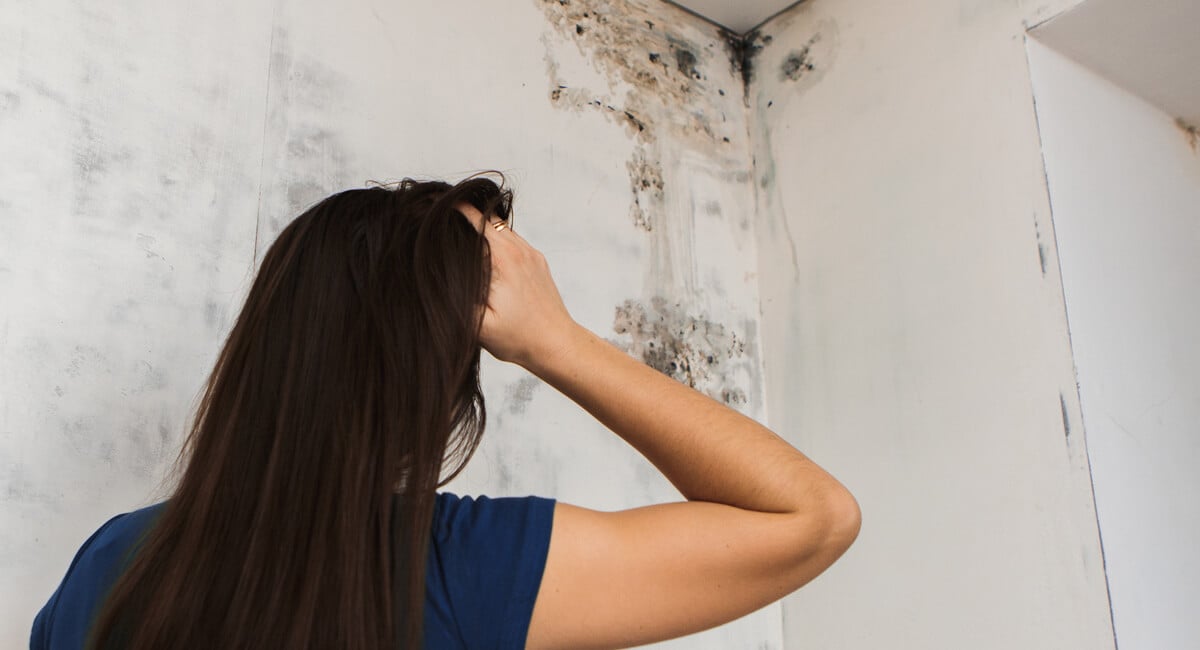
Unearthing the Culprits: What Causes Mold?
Mold thrives in moisture, so it’s no surprise that water intrusion is one of the biggest culprits for its growth in homes. Whether it’s from leaks, floods, or just high humidity, once mold takes hold in damp spaces, it can spread quickly. Poor ventilation in areas like kitchens and bathrooms makes them prime targets for mold infestations.
Old or malfunctioning appliances and home systems can also contribute to the problem. If you notice mold under the sink, chances are there’s a leaky pipe lurking. And don’t forget about your air conditioner—mold loves to pop up around leaks or condensation buildup there, too.
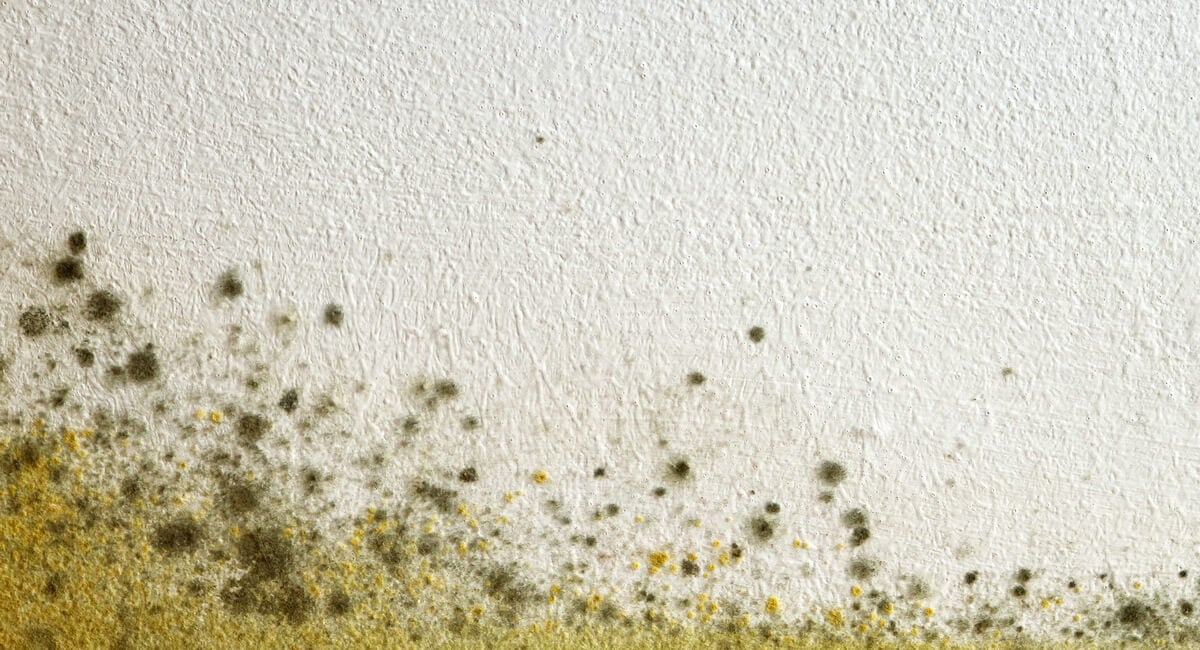
Mold’s Sneaky Health Hazards
Mold affects everyone differently. Some people are highly sensitive, while others might not even notice it’s there. Your reaction can also depend on how much mold you’re dealing with—a small patch in the bathroom might just cause mild symptoms like congestion or itchy eyes, but if there’s hidden mold behind the walls, it could lead to more serious issues like wheezing, shortness of breath, or even brain fog. Certain groups, like kids, seniors, people with asthma or allergies, and those with weakened immune systems, are especially at risk for more severe reactions.
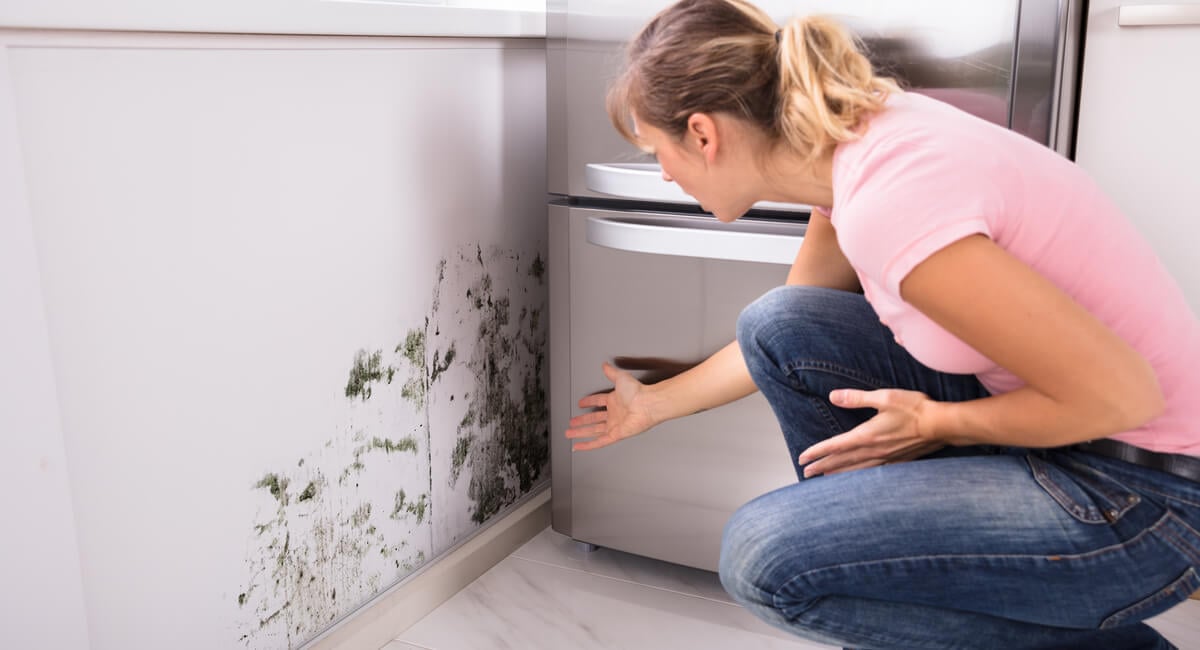
Nipping Mold in the Bud
Getting rid of mold depends on how widespread the issue is and what’s causing it. According to the EPA, if the affected area is under 10 square feet, you can usually handle it yourself with a good scrub using soapy water and detergent—just make sure to wear a mask, goggles, and gloves for protection.
However, if the mold covers more than 10 square feet, it’s best to call in the professionals. Mold remediation experts have the right tools and techniques to deal with larger infestations and can help pinpoint the source of the problem to keep it from coming back.
Once the mold is gone, prevention is key. Make sure you address any ventilation issues, fix leaks in the roof or plumbing, and check your HVAC system to ensure it’s not contributing to moisture buildup. While it may require some upfront cost, it’s well worth the investment to keep mold from making a comeback.
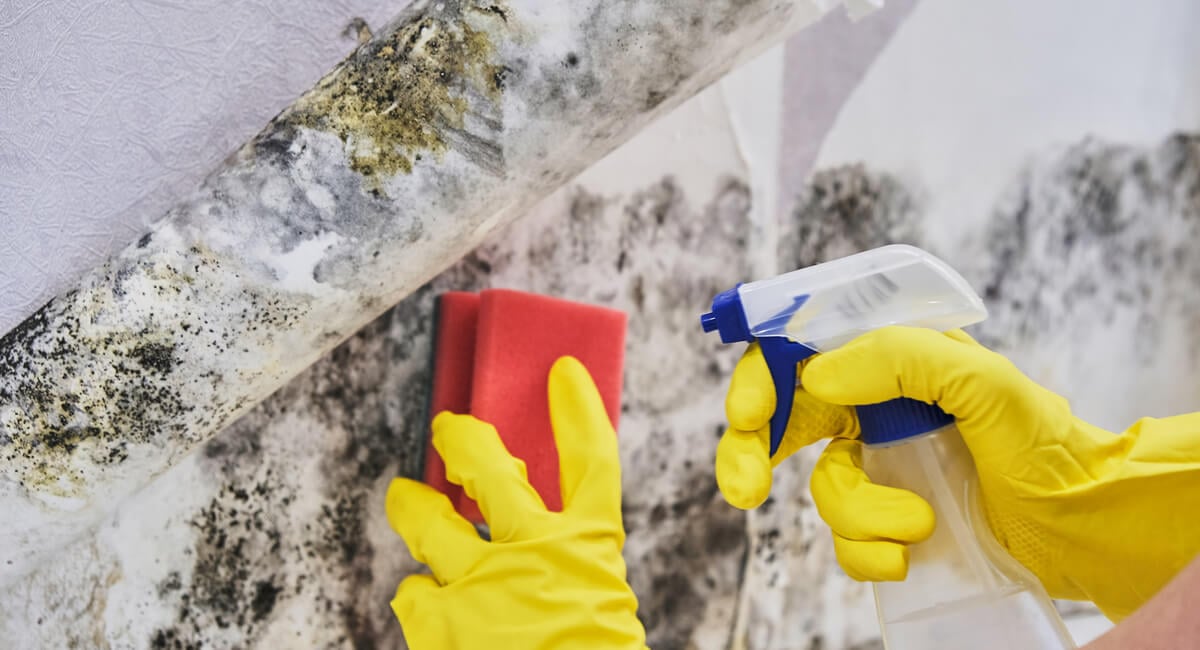
Mold and Home Buying: What to Watch For
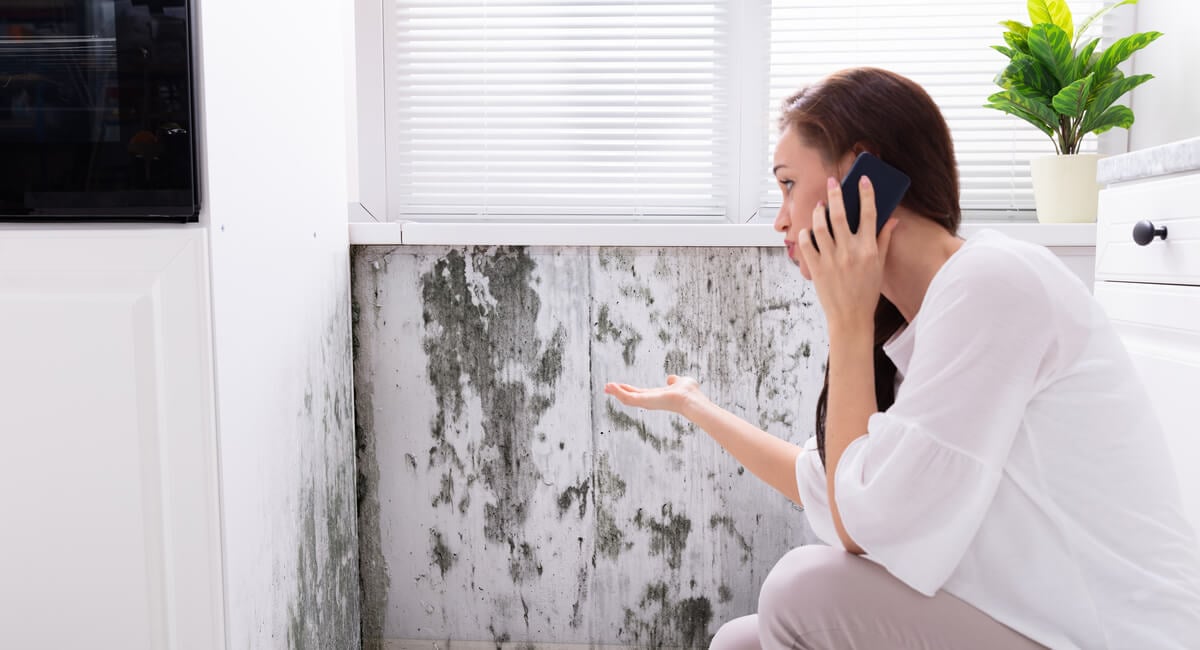
Selling a Home with Mold: The Lowdown
If you’re selling a home with mold, there are a few things you should know. Disclosure laws vary by state, so it’s best to consult your real estate agent to make sure you’re following the rules. In general, not disclosing mold issues is a bad move. It’s likely that a home inspection will uncover the problem, which could lead to renegotiations or even legal trouble after the sale.
The best approach? Pay for mold remediation before listing your home. While it may be an expense upfront, it can save you a lot of stress down the road and ensure your home is in better condition while you’re still living there.
If you’re planning to sell “as-is,” be prepared to negotiate. Buyers will either want the mold problem fixed before closing or will expect a discount on the price. Selling “as-is” can mean a lower offer, but it’s often a good option if you’re looking for a quick sale.
Whether you’re buying or selling, mold isn’t something to take lightly. Buyers should account for remediation costs in their negotiations, and sellers need to understand their responsibilities to address the issue. Keep things mold-free and enjoy a smooth real estate experience!


